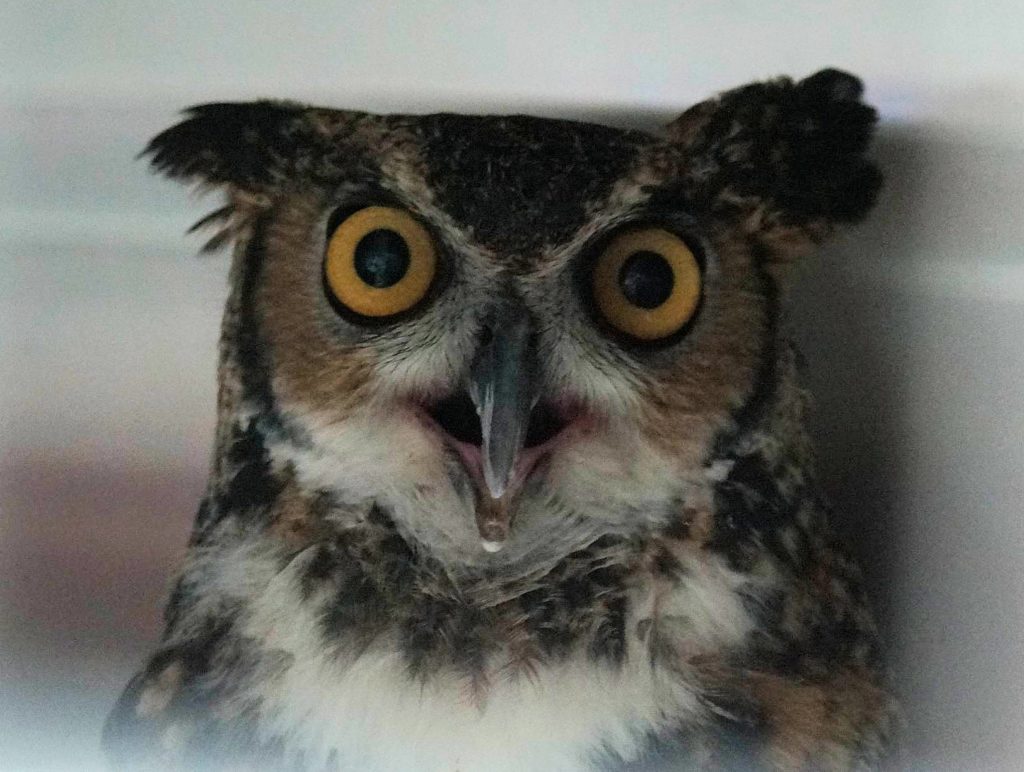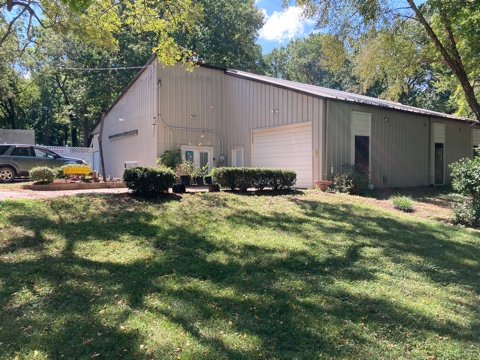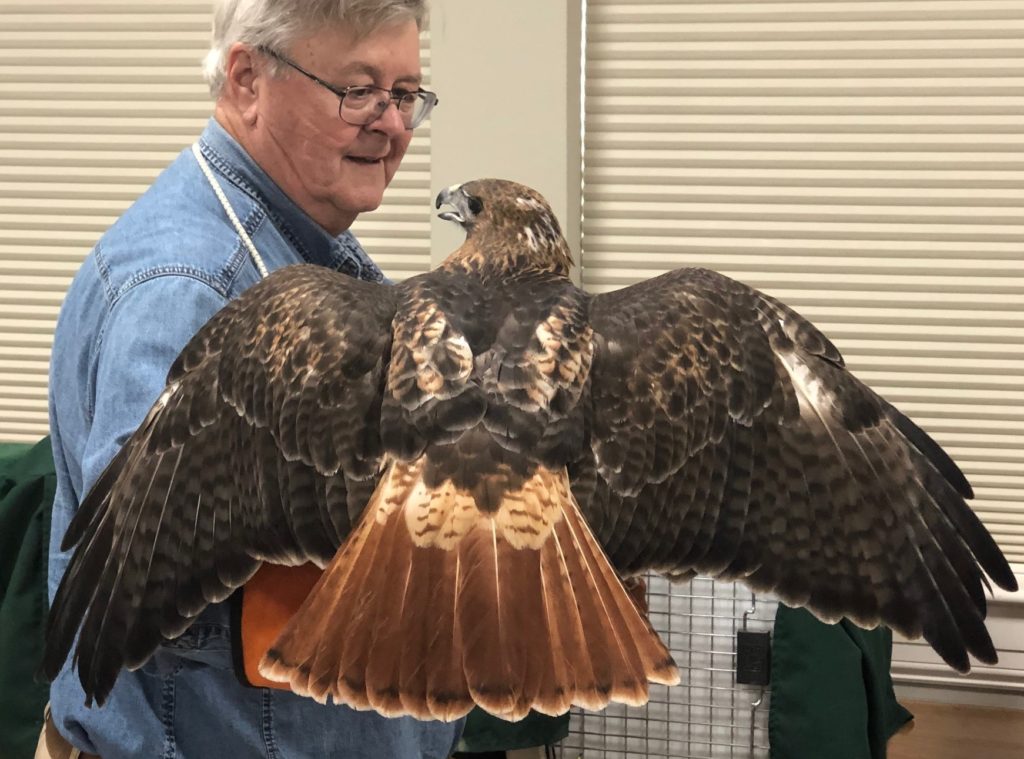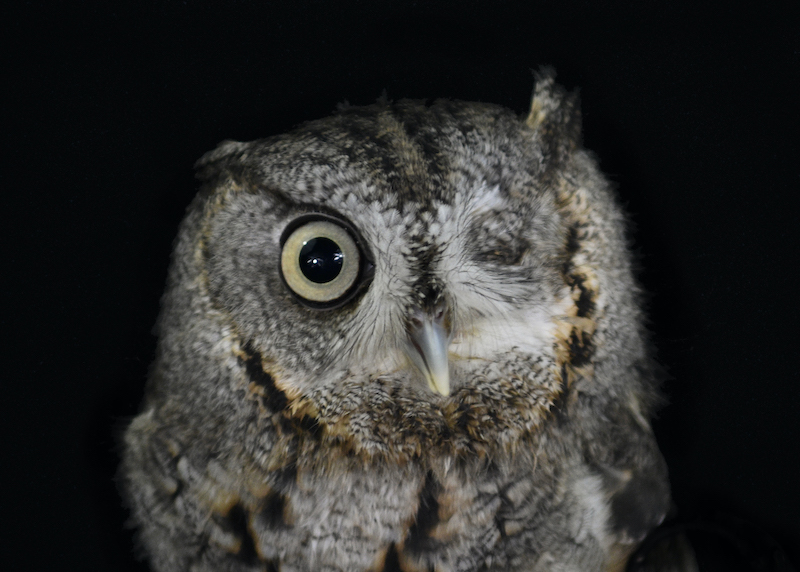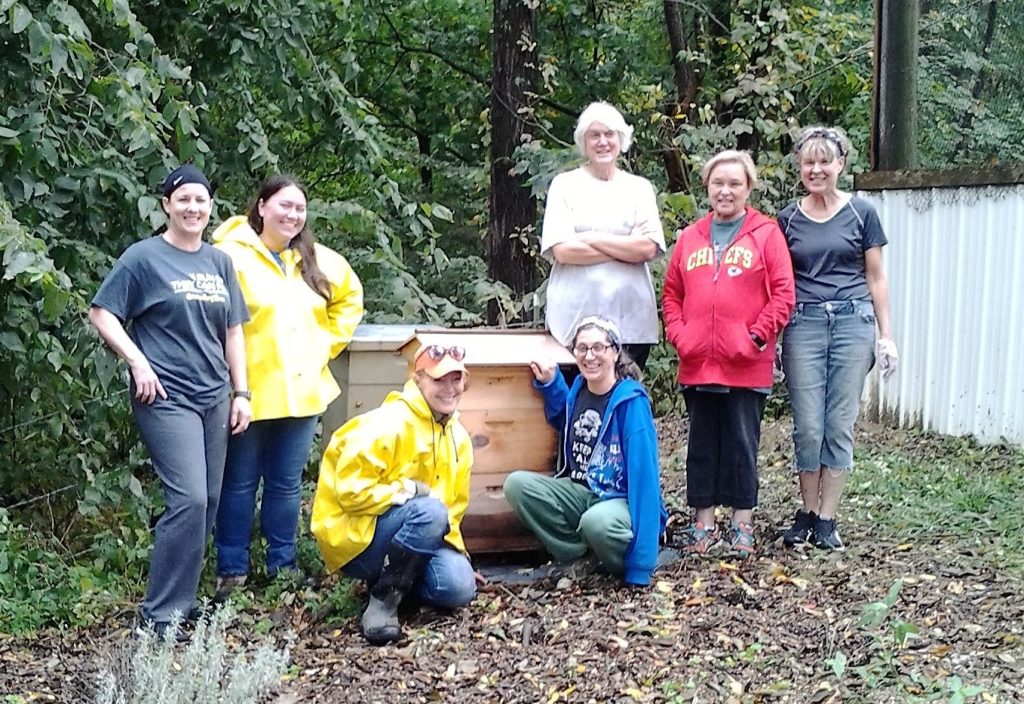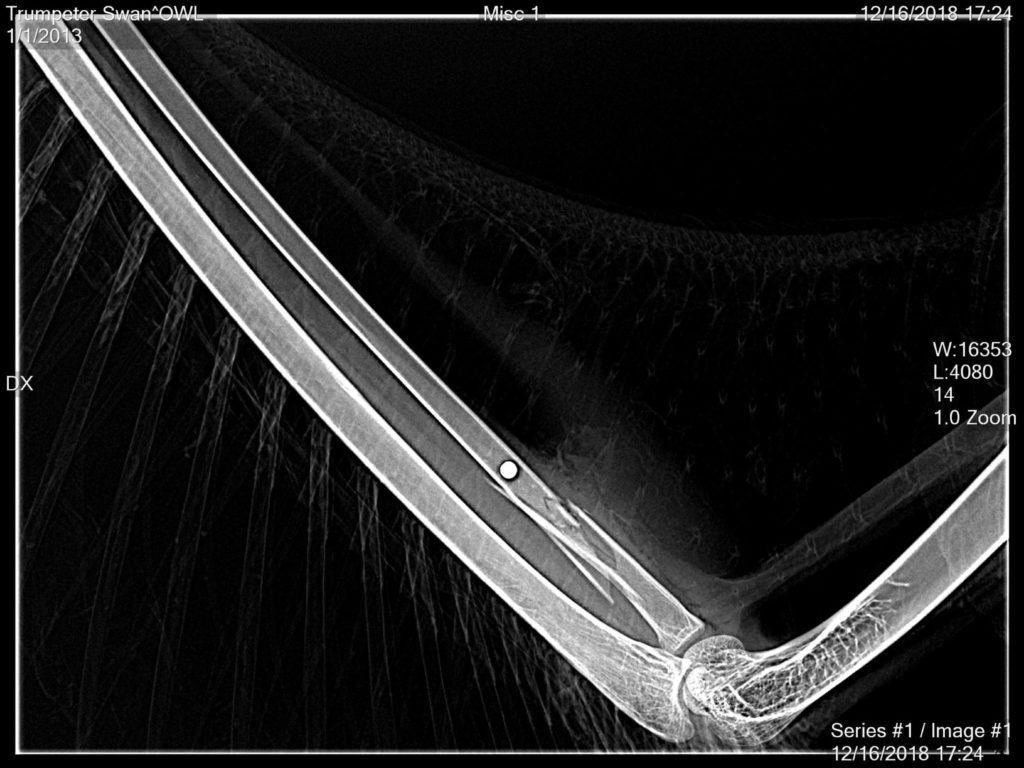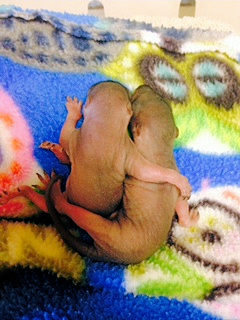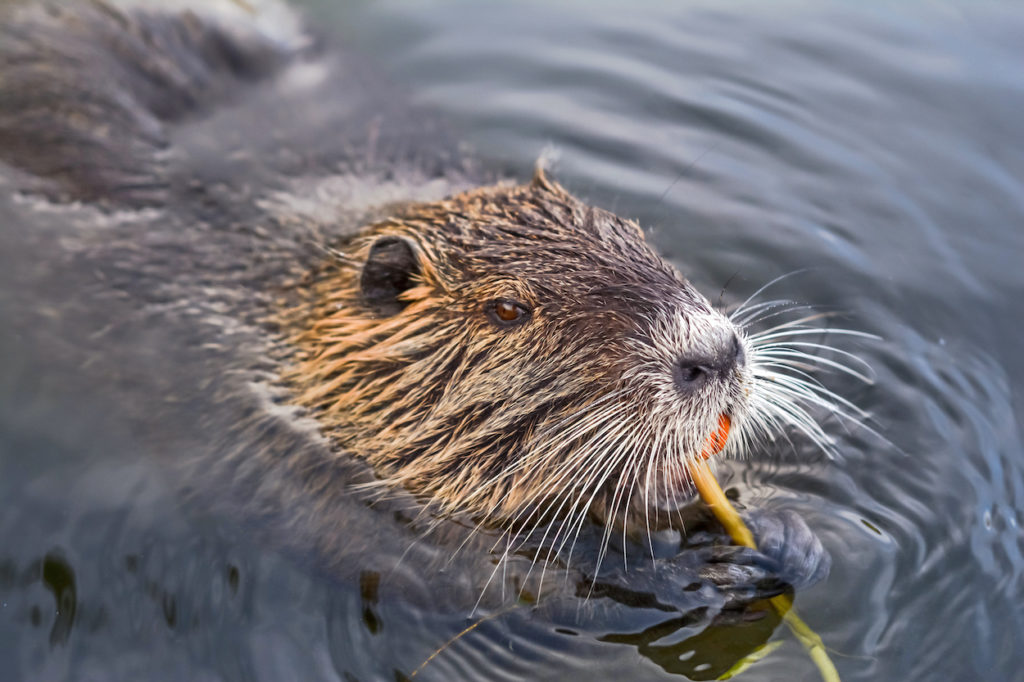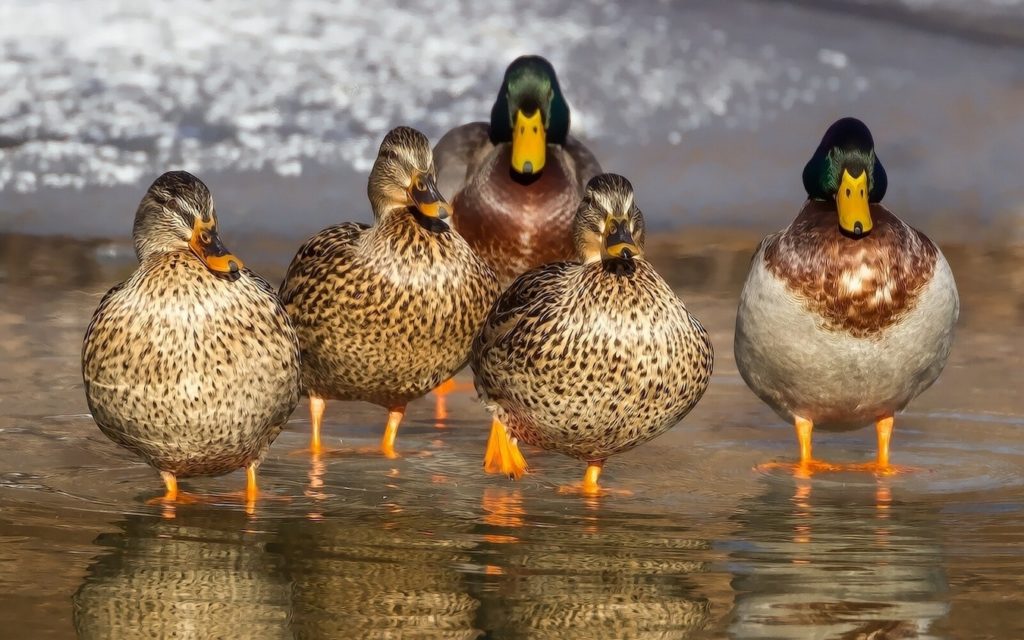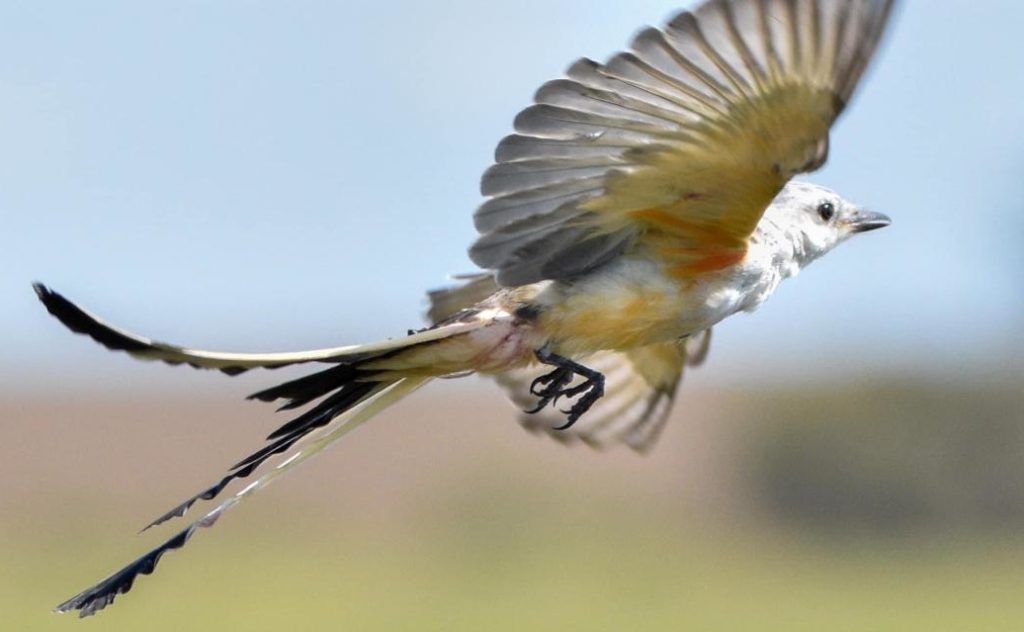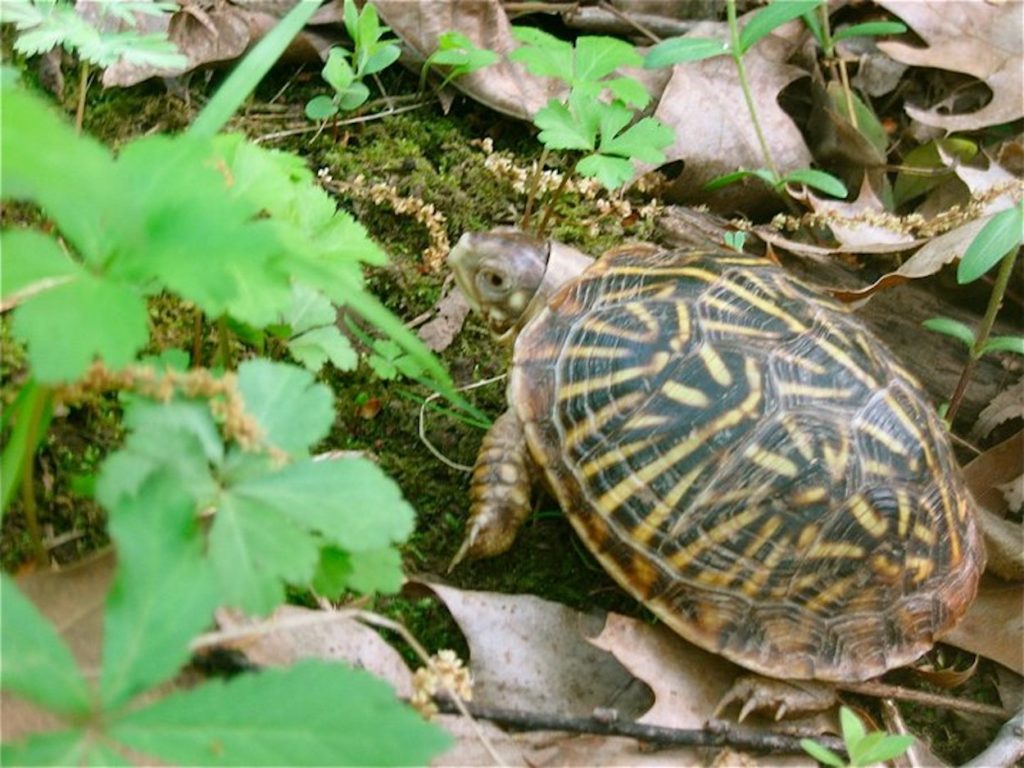About
Muskrat
Muskrats live on or near bodies of water – lakes, creeks, and rivers. Muskrats are the only semi-aquatic rodent, almost a miniature beaver. Often, muskrats will share a beaver den during the winter months. An adult muskrat is about 16 to 24 inches long – almost half of that is the tail – and they weigh one to four pounds.
They are omnivorous and eat the roots, stems, leaves, and fruits of a many water plants, such as cattail, wild rice, water lilies, and rushes. Occasionally, they’ll also eat small fish, clams, snails, and even turtles. Muskrat babies are born pink, furless, and blind.
Baby muskrats – To rescue or not to rescue
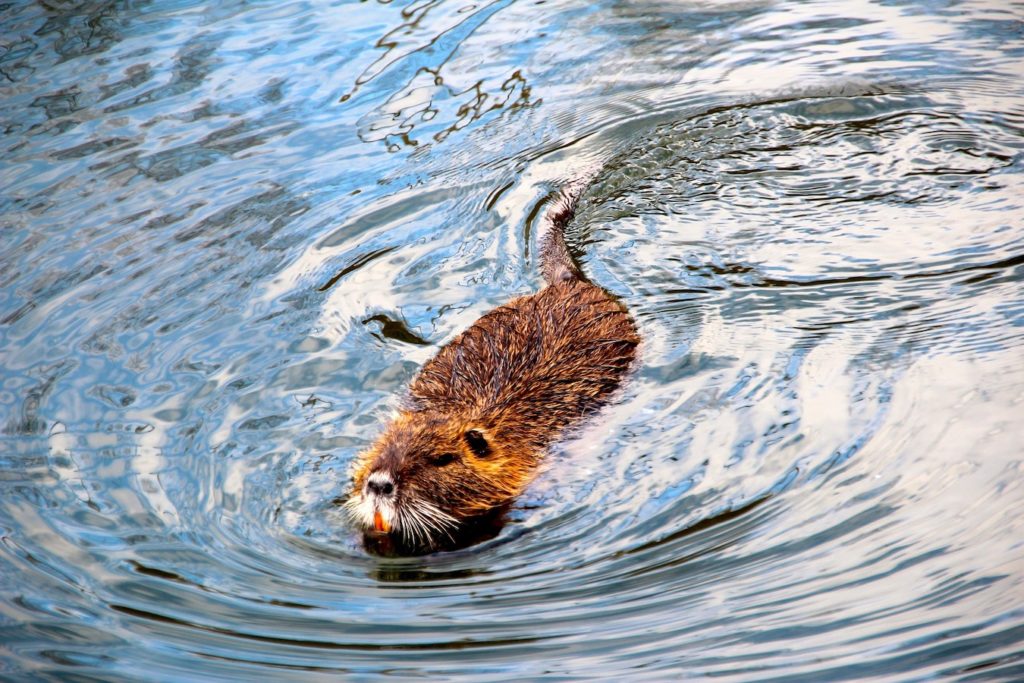
Check the size
Rule #1: If a muskrat is baseball size or larger, leave it alone. It is old enough to be on its own and needs no intervention unless injured.
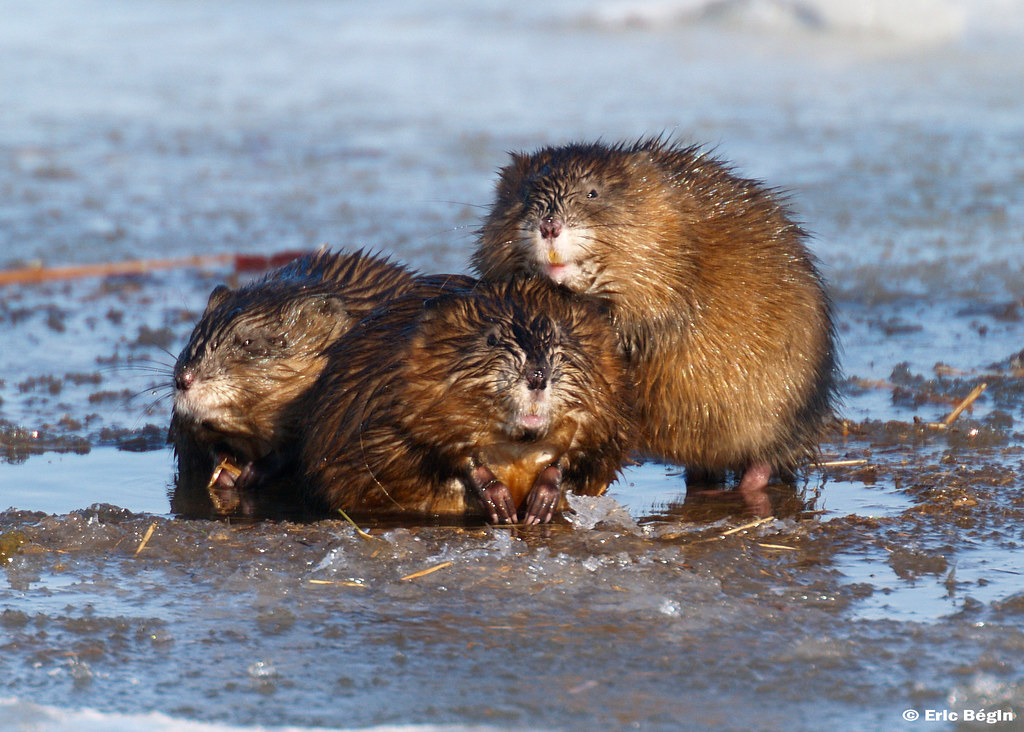
Independent
Muskrats are a lot like rabbit moms. They don’t stay with the kids all day or all night. They show up a couple of times a day, lay on top of the kids to nurse and then leave. They do this every day for about three weeks, and the young are completely independent by one month.
Caught by Pets
Cats
Cats have mouths full of bacteria that can kill an animal in a short time. All animals caught by a cat need to be brought in for medication and rehabilitation, even if you can’t see wounds.
Dogs
Dogs, especially water-loving breeds such as Labrador’s, Newfoundland’s, and golden retrievers, tend to come across muskrat dens. Muskrats are not friendly and will bite your dog. If the muskrat runs away after the fight – let him go. Nature will sort it out. If the muskrat doesn’t run and is lying on the ground, still alive, keep your dog away, and call us for instructions.
Clean the dog’s wounds VERY well with peroxide immediately after the fight. Muskrats have a lot of bacteria in their mouths, so the bite wounds can easily become infected if not cared for properly. Muskrats also carry some diseases; rabies is rare, but possible. They can also carry tularemia and a kidney-related disease called leptospirosis (Lepto). Consult your veterinarian to make sure that your dog is up-to-date on their rabies vaccination and ask about vaccinating against Lepto. If your dog is in contact with wildlife on a regular basis, it is recommend to have the vaccination.
Signs of Injury
If you notice any of these issues, contact OWL as soon as possible:
- Cold and lethargic.
- Covered with fleas, ants, ticks, or flies/flystrike (looks like small clusters of rice anywhere on the animal).
- Dehydrated.
- Has been fed any kind of formula or food.
- Has been in a cat’s or dog’s mouth.
- Broken limb, cuts, or bruises.
- Head tilt.
- Bleeding.
- Unable to stand or move without falling over.
Common Concerns
When muskrats chew into a boat dock, they are trying to create a den in between the metal structure of the dock and the wooden walkway. The easiest way to get a look at the nest is usually to get in the water and use a flashlight to look between the walkway and the water. If babies are present, leave them alone for two weeks. They grow quickly, and once the den is empty, you can remove the nesting material and cover the gap between your wooden deck and the metal structure under it.
Use metal mesh or hardware cloth. Attach it with screws, and don’t leave any holes or gaps where they can get back in. For a week or so after, walk down to the dock at least two to three times a day. Stomp around and make noise to remind the muskrats they are not welcome. Play a radio, turn on the dock lights, stick your feet in the water – anything to let the muskrats know that people live here, and it is not a safe area to have babies.
The First Treatment for Shock or Injury: Warm, Dark, and Quiet
If you need to bring an animal into OWL, the most important thing you must do is keep it warm and quiet.
Container
Put in a shoebox or other container with several small air holes in the lid and a non-terrycloth towel, fleece cloth, or t-shirt in the bottom. Tape the lid to keep secure.
Adult animals need to be contained in a dog or cat kennel
Heating Pad
If you have a heating pad, set to low and place the box half on/off the pad, so the animal can move away from the heat if needed. OR
Rice Bag
Fill a sock or knee-high pantyhose with uncooked dry rice. Microwave the rice-filled sock for 30 to 60 seconds. This heat source will last about 20 to 30 minutes. Place the rice sock in the container under the towel, and place the animal on or near it, but not directly in contact with the rice sock. OR
Ziploc bag
Fill a Ziploc bag with warm (not hot) water, put it inside another Ziploc bag, and place under the towel next to the animal. The double bag guards against leaks and prevents the animal from getting wet and chilled.
Food/Water
Do not attempt to feed or give anything to drink. The wrong foods can quickly cause enteritis (diarrhea) and death. Keeping the animal warm is more important than feeding it.
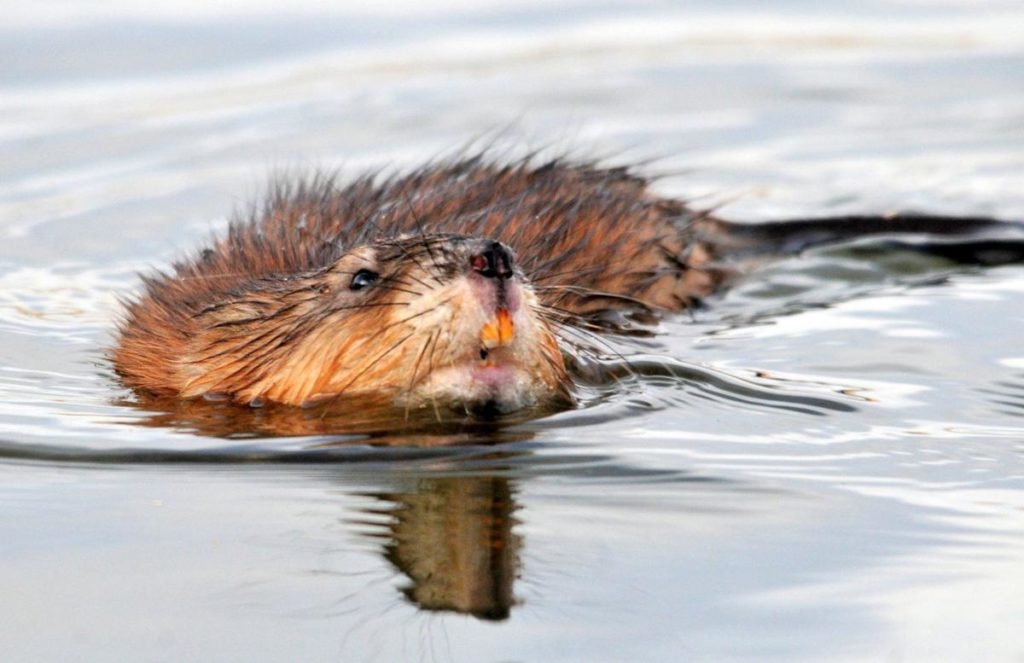
Contact Operation WildLife for help.

